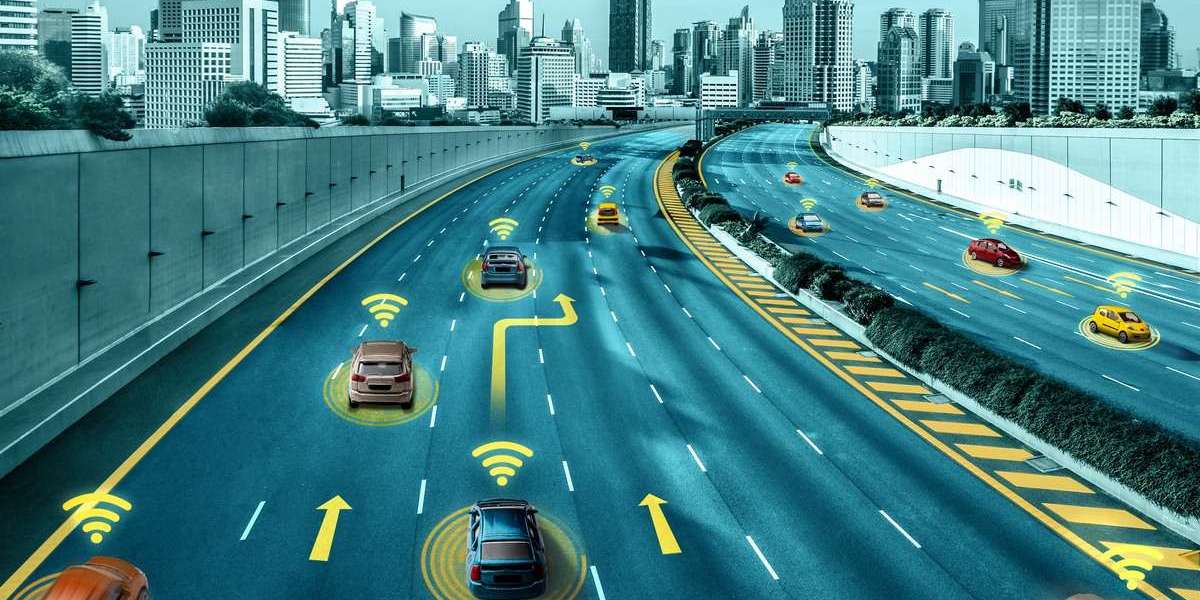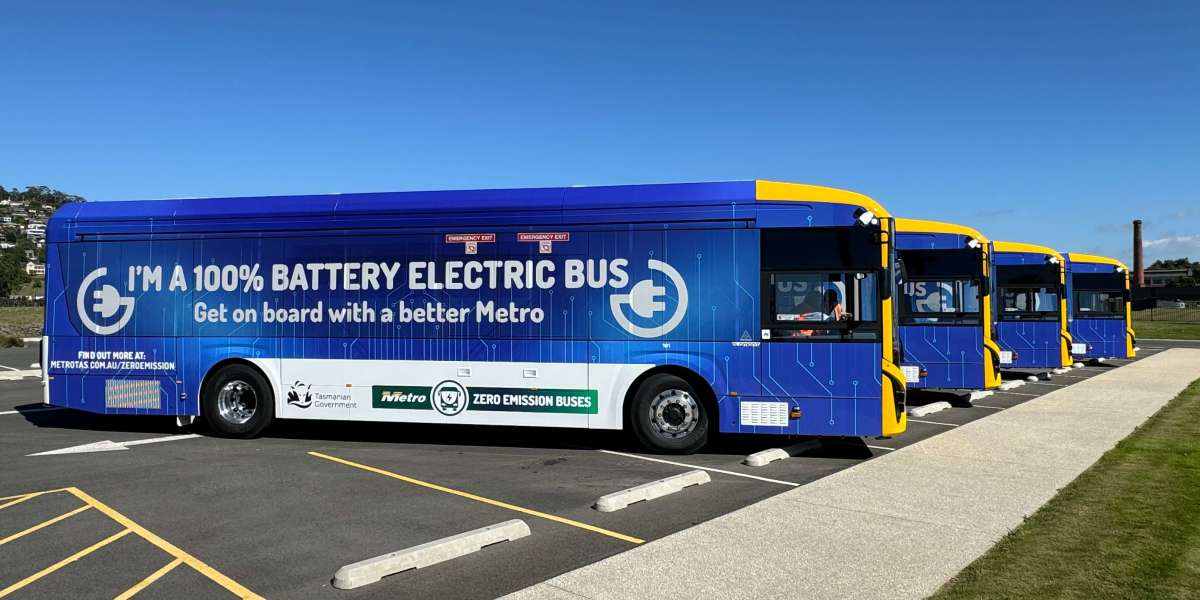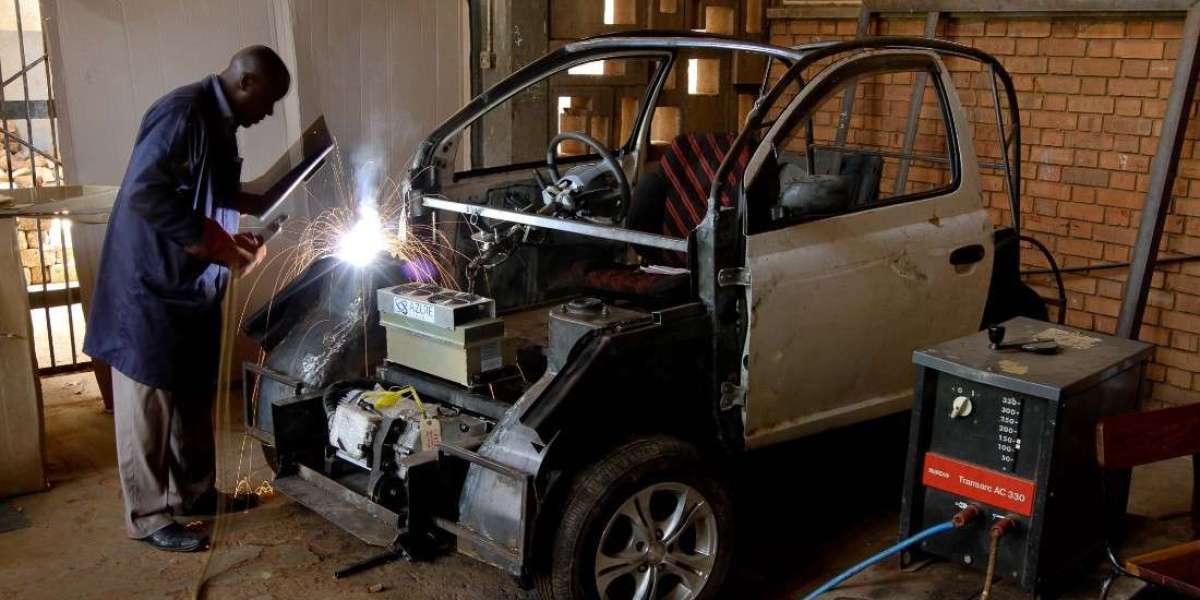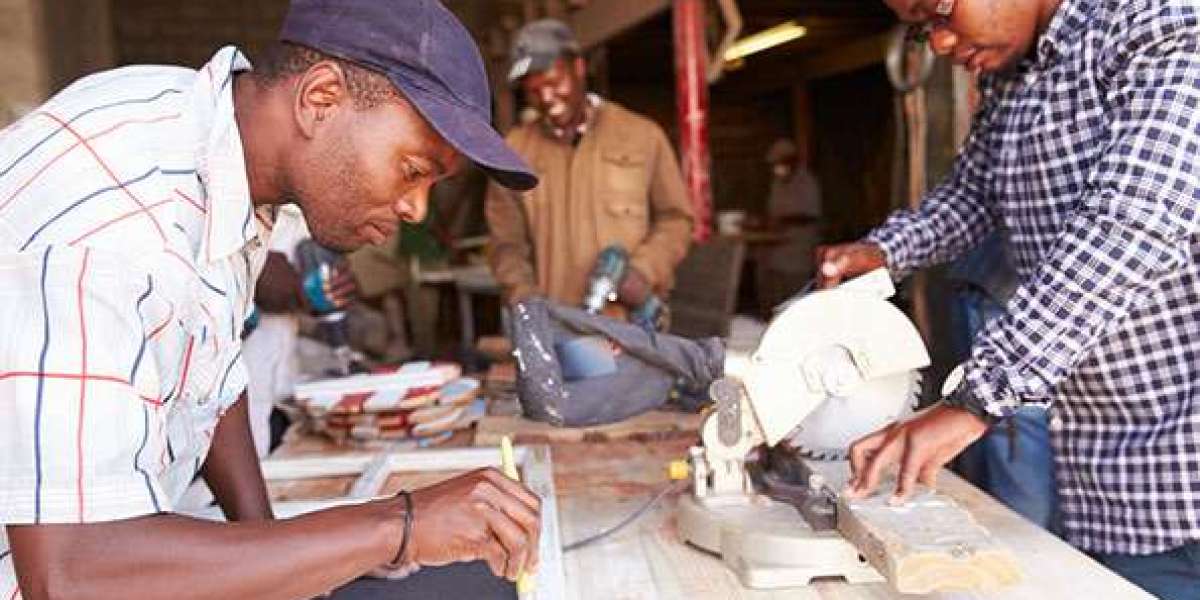The Perfect Storm for Innovation ⚡
Africa finds itself at a unique confluence of factors that make it a fertile ground for smart mobility innovation:
Rapid Urbanization: By 2050, over 60% of Africa's population will reside in cities. This explosive growth overwhelms existing infrastructure, creating an urgent demand for efficient, scalable transport solutions.
Digital Fluency: Africa boasts one of the youngest and most digitally savvy populations globally. High mobile phone penetration has fostered an environment where app-based services, from ride-hailing to mobile payments, are not just accepted but embraced as daily necessities.
Entrepreneurial Spirit: Faced with infrastructural gaps, African innovators are not waiting for solutions to be imported. They are building them, tailored to local contexts, often starting with little more than a smartphone and a brilliant idea.
Economic & Environmental Imperatives: The soaring costs of fossil fuels and the undeniable impact of climate change are driving a powerful shift towards sustainable alternatives. This push for cleaner air and more affordable transport is accelerating the adoption of electric vehicles and shared mobility models.
From Boda-Bodas to Digital Platforms: Innovation on the Ground
The landscape of African mobility is a vibrant tapestry of tradition and cutting-edge technology. Informal transport, like Nigeria's okadas or East Africa's boda-bodas, is being reimagined through digital platforms that enhance safety, efficiency, and income for drivers.
Mobility-as-a-Service (MaaS) Takes Root: Beyond global giants like Uber and Bolt, homegrown MaaS platforms are emerging, integrating various transport options—from cars and motorcycles to soon, perhaps, electric scooters—into seamless, app-based experiences. These platforms are not just about convenience; they're about democratizing access to transport.
The Electric Revolution is Commercial: While personal electric vehicles face hurdles, the commercial sector is leading the charge. Startups like Ampersand in Rwanda and Spiro in multiple countries are deploying vast fleets of electric motorcycles, supported by innovative battery-swapping stations. This model directly addresses range anxiety and makes electric transport economically viable for the millions of drivers who rely on two-wheelers for their livelihood. Electric buses are also making their debut in cities like Dakar and Nairobi, promising cleaner public transit.
Smarter Logistics: The e-commerce boom is spurring innovation in last-mile delivery. AI-powered route optimization, drone delivery trials, and hyper-local fulfillment centers are transforming how goods move, reducing costs and congestion.
Navigating the Road Ahead: Challenges and Opportunities
The journey towards a fully integrated smart mobility ecosystem is not without its bumps.
Infrastructure Deficits: The most significant challenge remains the underlying infrastructure—reliable power grids for charging, well-maintained roads, and dedicated lanes for public and micro-mobility transport.
High Upfront Costs: Electric vehicles and advanced mobility technologies often come with a high initial price tag. Innovative financing models, public-private partnerships, and green subsidies are crucial to bridge this gap.
Policy & Regulation: Governments play a pivotal role. Developing clear, consistent, and forward-looking policies that encourage innovation while ensuring safety and equity is paramount.
Data Scarcity: Effective smart mobility planning relies on robust data. Investment in data collection and analytics capabilities is essential for optimizing traffic flow, understanding commuter behavior, and improving urban planning.
The future of smart mobility in Africa is not just an aspiration; it's a rapidly unfolding reality. By embracing technology, fostering local innovation, and strategically addressing infrastructural and policy challenges, Africa is poised to build a transportation future that is not only efficient and sustainable but also uniquely its own—a testament to the continent's boundless potential and unwavering spirit.






